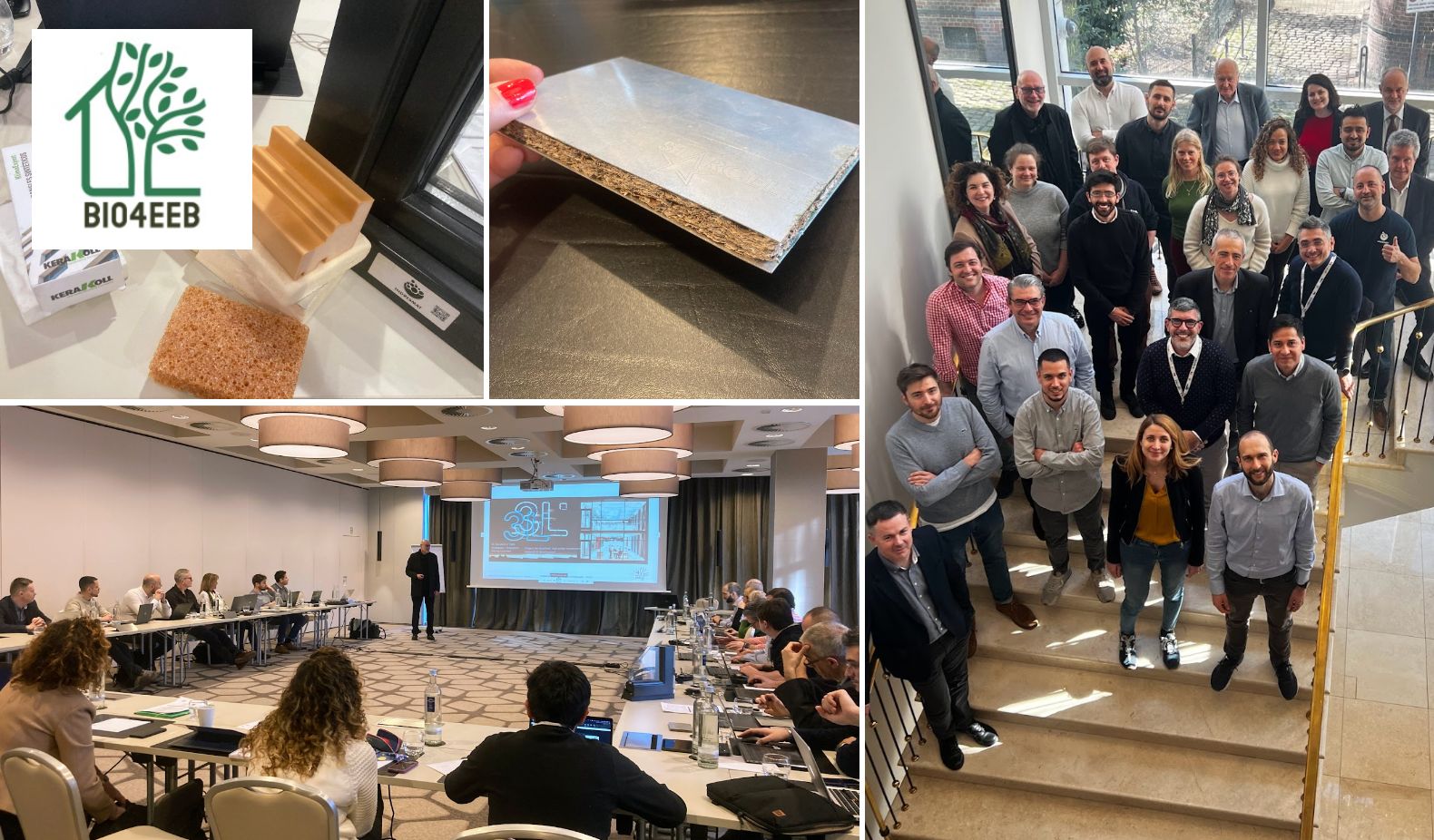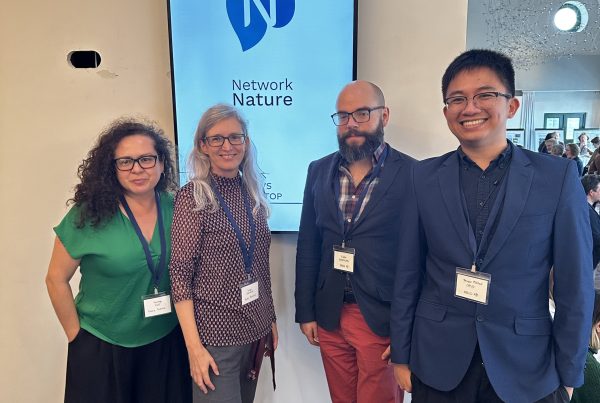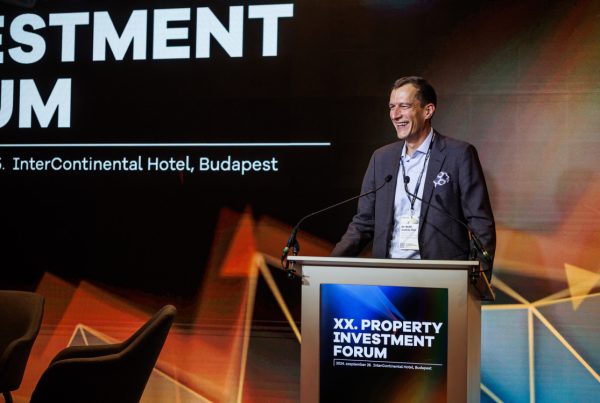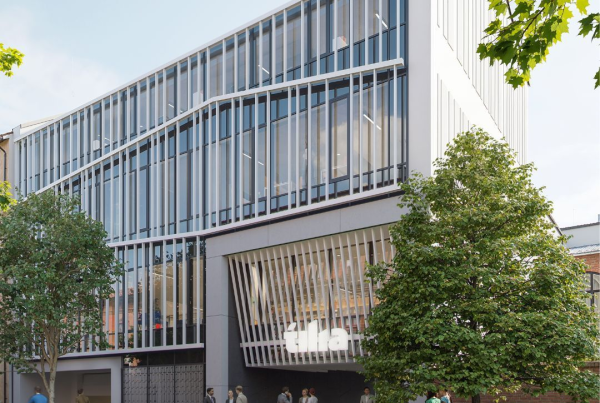BIO4EEB KICK-OFF MEETING: THE LAUNCH OF A NEW HORIZON EUROPE RESEARCH PROJECT
16 partners met and exchanged ideas at the launch of the 4-year long research and innovation project focusing on bio-based insulation material
On 2 and 3 March, a total of 16 partners attended the event launching the new EU-funded initiative, BIO4EEB – BIO insulation materials for Enhancing the Energy performance of Buildings, in Cologne, Germany. The Horizon Europe research and innovation project aims to develop a set of bio-based insulation products to support the construction sector in increasing the use of bio-based and sustainable material in renovation projects to meet the EU’s energy and environmental goals.
BIO4EEB will apply non-hazardous bio-based material such as Posidonia and various bio-based foams to develop and to proof the marketability of smart components for external and internal use as material application, pre-fab panels or windows. The solutions will be complementary to each other, providing further flexibility for various situations and building typologies. As part of the project, 5 real case pilot sites will be set up in Germany, Spain, France, Lithuania, and the Czech Republic, as well as 3 virtual case pilot sites, where the developments of the project will be tested across different building typologies.
“The objective is to substitute using fossil resources for components and replace them at a comparable price value positioning. New business models utilizing the complete economic value chain open the market for bio-based BIO4EEB solutions and products uplifting the generic bio-based material use and qualifying their application at a circular economy approach for creating a much greener EU building and construction industry real estate stock.” (BIO4EEB Project, Cordis)
ABUD will be involved in the socio-economic assessment of the end-users and segmentation; demonstration in virtual demo-cases; assisting the development of the decision-support platform with energy modeling; and supporting the evaluation of building materials according to circular economic criteria.



